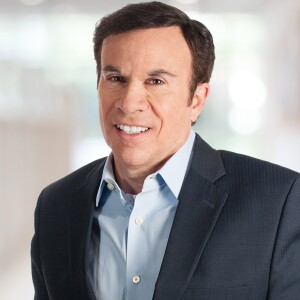Many of us use PayPal for our online transactions, because it is so much safer than giving an unknown retailer your credit card or bank account number.
But it may not be as safe as you think, if it is linked directly to your checking account.
One woman was just scammed for hundreds of dollars when her PayPal site turned out to not be the real thing.
Message warns of suspicious activity
Delores Reed was going through her email the other day, when she found an alarming message from PayPal.
"It said that suspicious activity has been noted on your account," she said. "So naturally I'm going to go to Paypal to find out what's going on."
So she followed the link, where the site asked her to log in, and call a "representative" who would help her. "I figured it was PayPal. I've always been able to trust PayPal. It looked very believable," she said.
But it wasn't PayPal. It was a phishing scam. She ended up giving her login credentials to someone who she now believes was actually in Vietnam.
"Right after that," she said, "they just started taking money out of my account."
Unfortunately Reed's PayPal account was not connected to a credit card, where she could have disputed the charges. Rather it was linked directly to her bank account, where the money came out immediately.
"They took out $300, $200, and $200," she said (totaling $700). "That's my meal money. That's my food money.
The good news: we contacted her bank, which agreed to give her $300 immediately, and to see if there is any way to reverse the charges on the rest.
How to protect yourself
If you are a PayPal customer, there are ways to make sure this does not happen to you.
PayPal says:
- If you receive an email about your account, log in through www.Paypal.com.
- Do not click on any email links.
- Beware emails saying "your account is about to be suspended," or "you have overpaid."
And if you are suspicious, stop immediately. Reed wishes she had done so. "I had a little bit of suspicion, but I didn't heed on it," she said.
Perhaps the best way to protect yourself is to connect PayPal to a credit card, not your bank account.
That way you won't be responsible for any fraudulent transactions, and you don't waste your money.
_________________________
Don't Waste Your Money" is a registered trademark of Scripps Media, Inc. ("Scripps").
Like" John Matarese Money on Facebook
Follow John on Twitter (@JohnMatarese)
For more consumer news and money saving advice, go to www.dontwasteyourmoney.com




